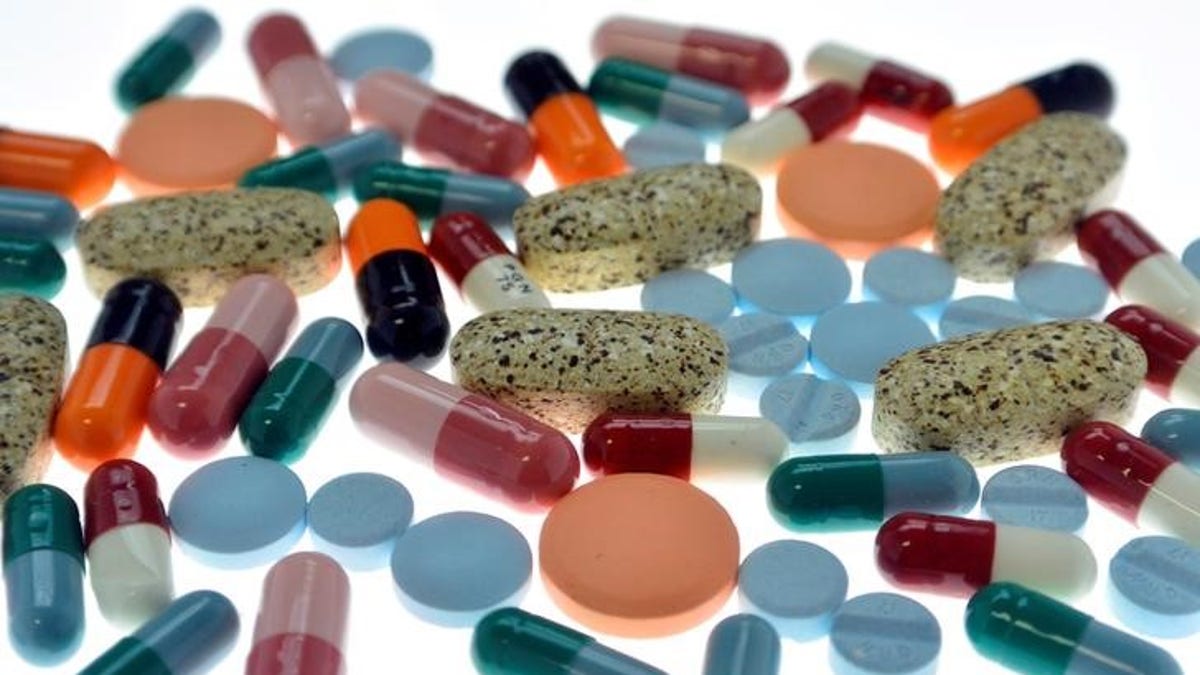
Pharmaceutical tablets and capsules are arranged on table in photo illustration (Copyright Reuters 2016)
Calls or texts from pharmacies before major storms help prompt people to stock up on their medications, according to a new study.
People who received a call or text before a major blizzard struck the northeastern United States in January 2016 were 9 percent more likely than those who didn't receive a reminder to refill medications before travel became hazardous, researchers found.
"At a time when there is increased risk due to a natural disaster, how do you identify those people most at risk and get them the medications they need to stay at home," said senior author Dr. William Shrank, of the University of Pittsburgh Medical Center.
The study, published in JAMA Internal Medicine, was a collaboration between the U.S. Department of Health and Human Services (HHS) and CVS Health, where Shrank served as chief scientific officer.
With a blizzard expected to hit the mid-Atlantic states in two days, CVS Health started to call or send text message reminders to about 2.25 million customers in Maryland, Virginia, West Virginia, Kentucky and Washington, D.C.
The people were taking long-term medications for conditions like mood disorders, heart disease and allergies.
The researchers, who included representatives from HHS and CVS Health, then compared refills among people who were called and texted to about 131,000 who didn't receive reminders.
Overall, they found 4.5 percent of people who received reminders refilled their medication within two days, compared to 4.1 percent of people in the comparison group.
Shrank told Reuters Health that even without a reminder, many people plan to refill their medications when they hear on the news that a major storm is heading their way, but the new study shows that reminders add to awareness.
"There is an incremental benefit beyond what the media does by creating a partnership between the government and the private companies," he said.
Shrank hopes people recognize the urgency of these reminders and act on them.
"We're looking out for you because we know there is a potentially big storm coming," he said.
HHS has been talking with most of the major pharmacy chains about scaling up this program, said lead author Dr. Nicole Lurie of HHS.
"They have registered to receive the same data we provide to CVS, and we're optimistic that more of them will adopt this practice," she told Reuters Health in an emailed statement. "As (was) the case with CVS, we expect some will want to do some pilot tests before they go to scale, and we have offered to help."
